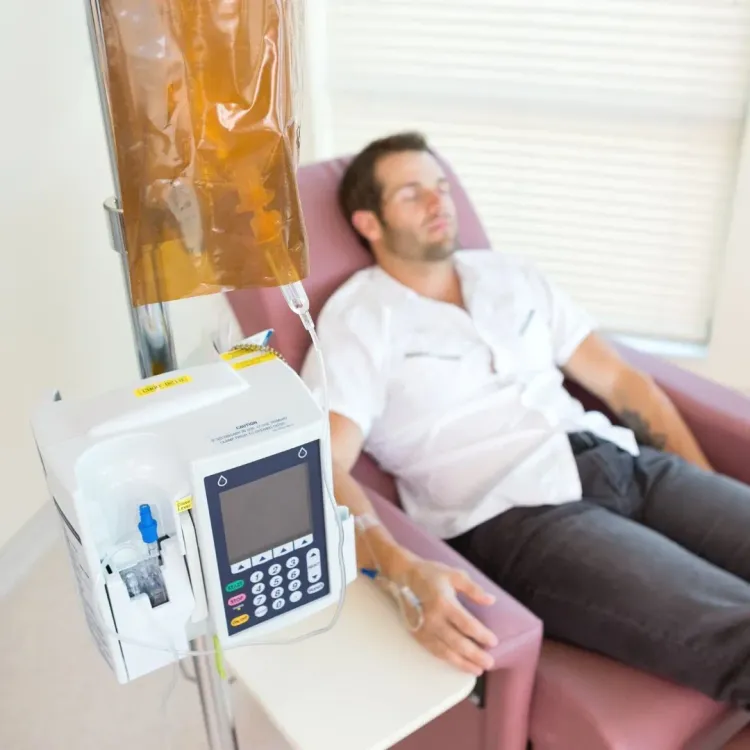Study Finds Ketamine and Psychedelic Use May Increase Mortality Risk by 2.6 Times

Synopsis
Key Takeaways
- Hallucinogens can increase mortality risk by 2.6-fold.
- The study analyzed data from over 11.4 million individuals in Ontario.
- Individuals seeking care for hallucinogens had more medical comorbidities.
- There is a need for further research on hallucinogen use outside clinical settings.
- Findings show a high mortality risk compared to alcohol-related acute care.
New Delhi, March 3 (NationPress) The use of hallucinogens, such as ketamine and psychedelics, can elevate the risk of death by 2.6-fold, according to a recent study released on Monday.
Researchers from The Ottawa Hospital in Canada have observed a significant rise in the use of hallucinogens, including psilocybin, LSD, ayahuasca, and MDMA (ecstasy), since the mid-2010s.
This increasing usage may partly reflect the growing medical and societal interest in integrating psychedelics with psychotherapy for treating mental health and substance use disorders, the research team noted.
However, although trials involving psychedelic-assisted therapy have mostly shown safety, there is limited data regarding whether hallucinogens might elevate the risk of adverse events, including suicidal thoughts and mortality, when used outside controlled clinical trial settings or in populations that are currently excluded from such trials.
Dr. Daniel Myran, a family physician and public health researcher at The Ottawa Hospital, stated, “Despite the increasing popularity of hallucinogen use, we surprisingly know very little about their potential adverse effects, such as risks of mortality. Modern clinical trials have not recorded any short-term increase in severe adverse events, including death, among trial participants. However, these studies involve careful oversight and therapy for participants while excluding individuals at high risk for adverse outcomes.”
To further investigate this connection, the team analyzed health care data from over 11.4 million individuals in Ontario, aged between 15 and 105 years. Among this population, 7,954 individuals sought urgent care for hallucinogen use.
The study revealed that the risk of death within five years for those who sought urgent care for hallucinogen use was nearly 10 times higher than that of individuals of the same age and gender in the general population, as reported in the CMAJ (Canadian Medical Association Journal).
People who received acute care for hallucinogen use also exhibited more medical comorbidities. These individuals were more likely to reside in low-income neighborhoods, have been homeless at the time of a prior acute care visit, suffer from chronic health issues, and/or have received treatment for a mental health problem or substance use disorder in the last three years.
They were found to be at a heightened risk of death compared to those seeking alcohol-related acute care, but at a lower risk than individuals requiring acute care for opioid or stimulant use.
Dr. Marco Solmi, a psychiatrist at The Ottawa Hospital and associate professor at the University of Ottawa, commented, “These findings underscore the necessity for ongoing research and communication regarding both the potential benefits and risks associated with hallucinogen use, especially outside clinical trial contexts, in light of the rapid increase in general population use.”









